View all Standards for Ontario, Canada
B1.4 communicate feelings, thoughts, and abstract ideas through drama works, using audio, visual, and/or technological aids for specific purposes and audiences
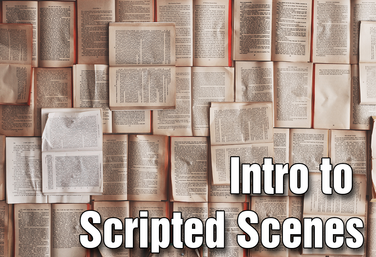
UNIT
Part of the Middle School Curriculum
Unit Four: Intro to Scripted Scenes
by Lindsay Johnson
Students will be introduced to the most basic of scripts: the contentless/open scene script. They will use their knowledge of character/relationships, setting, objective, and tactics to add content to a contentless scene. Students will also learn the basics of set design and blocking, and will begin using voice expression to communicate clearer characters. The unit culminates in a performance assessment in which students will work in pairs to add content to and perform a contentless scene.
Read More
about Unit Four: Intro to Scripted Scenes
Read Less
about Unit Four: Intro to Scripted Scenes
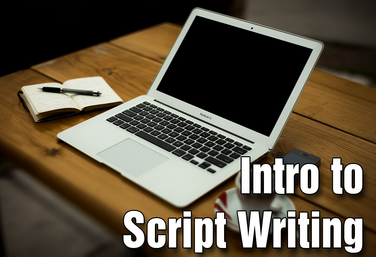
UNIT
Part of the Middle School Curriculum
Unit Five: Intro to Script Writing
by Lindsay Johnson
In this unit, students learn how to write their own scripts using correct formatting. These scripts will be more detailed than the contentless scenes. Students will learn how to write dialogue that provide information about relationships, conflicting objectives, and setting.
They’ll also learn how to correctly add expression and movement directions into the script itself. The unit will end with a partner script writing assignment which is performed in front of the class.
Read More
about Unit Five: Intro to Script Writing
Read Less
about Unit Five: Intro to Script Writing
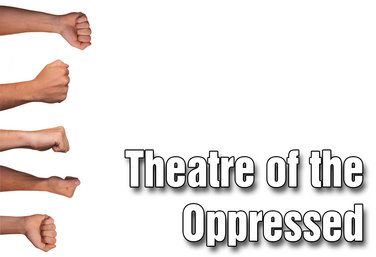
UNIT
Part of the Middle School Curriculum
Unit Eight: Theatre of the Oppressed
by Lindsay Johnson
Students will have a chance to merge their understanding of scene elements with their improvisation skills in this final unit based on Augusto Boal’s Theatre of the Oppressed. Theatre of the Oppressed is a style of theatre specifically created to highlight the injustices of power and oppression in society and to problem-solve ways to bring about change.
Starting with image theatre techniques to identify issues of power and oppression, students will then use forum theatre to create scenarios of oppression taken from their own lives and improvise realistic solutions.
The unit culminates in a performance in which students participate as both actors in a scene they create themselves and spect-actors in scenes created by their peers.
Read More
about Unit Eight: Theatre of the Oppressed
Read Less
about Unit Eight: Theatre of the Oppressed
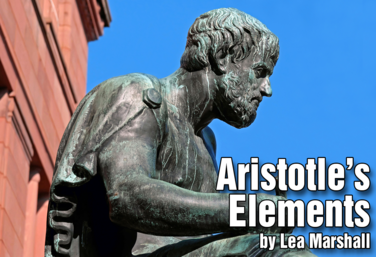
UNIT
Aristotle's Elements
by Lea Marshall
Aristotle was a huge fan of the theatre. He philosophically believed in it and argued with other great thinkers at the time about the necessity and good results of theatrical pursuits. This makes him a great topic for a drama classroom unit.
Aristotle identified six elements that needed to be in a play for it to be worthy: plot, thought, character, diction, spectacle, and sound. This unit by Lea Marshall focuses on and offers exercises for each of Aristotle’s elements - from using fairy tales to examine plot, to re-imagining movie trailers to explore music.
Read More
about Aristotle's Elements
Read Less
about Aristotle's Elements
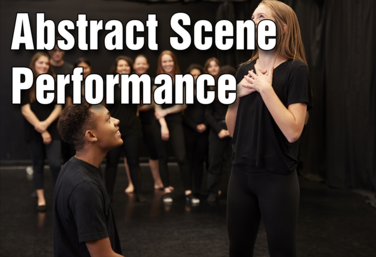
UNIT
Abstract Scene Performance
by Annie Dragoo
In this unit, students will create and perform an abstract theatre scene. Abstract is a genre that does not rely on realism and deliberately breaks the rules of a given form. In the case of theatre, this refers to the commonly presented rules of performance, acting, and the relationship with the audience. Movement is often stylized and symbolic. Ideas and themes are expressed visually and aurally with little dialogue using music, lights, costumes, and props.
Read More
about Abstract Scene Performance
Read Less
about Abstract Scene Performance
View all Standards for Ontario, Canada Standards Master List